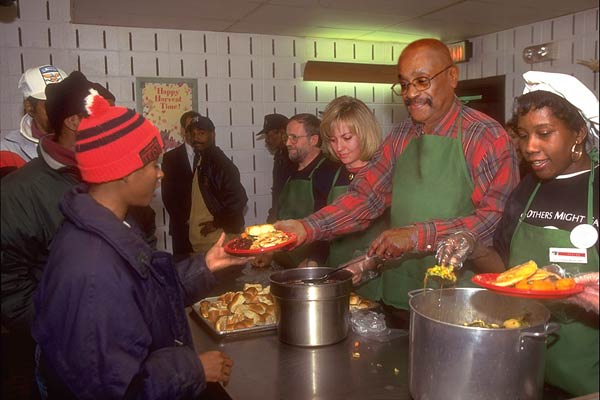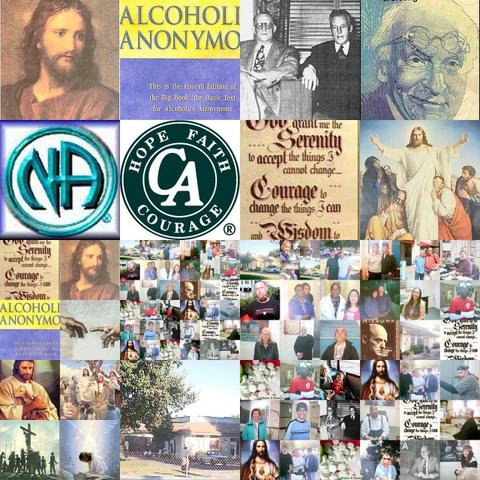
"Those who say, 'I love God,' and hate their brothers or sisters, are liars; for those who do not love a brother or sister whom they have seen, cannot love God whom they have not seen. The commandment we have from him is this: those who love God must love their brothers and sisters also." 1 John repeats this refrain over and over. We cannot love God without loving our brothers and sisters. "Brothers and sister" likely refers to fellow believers and not all humans, but I'm not sure this makes the reading any easier to live out.
Some of the worst fights are church fights. And they can be over the most trivial things. In most congregations there are stories about arguments over carpet color or some other aesthetic issue that left feelings so bruised that people left that church. And churches often have more than a few members who can be awfully hard to love.
It should be noted that loving our brothers and sisters is not the same as agreeing with them, endorsing their views, or tolerating aberrant or destructive behavior. But it is about having their best interest at heart, caring for them, seeking what is good for them, even when we find them difficult to like. Perhaps it is precisely when we love those whom we find hardest to love that we become most Christ-like, in some small way mirroring his love that would die for sinners - would die for a world so bent on resisting God.
Lord, teach me to love more like Jesus.
(Click here to learn more about the Daily Lectionary.)









